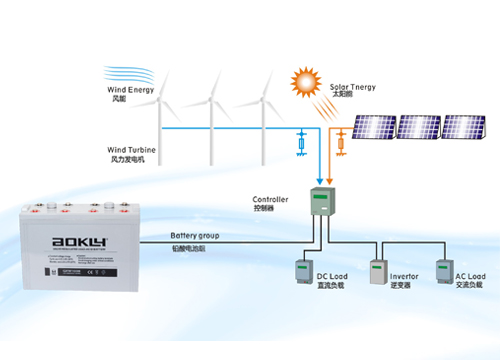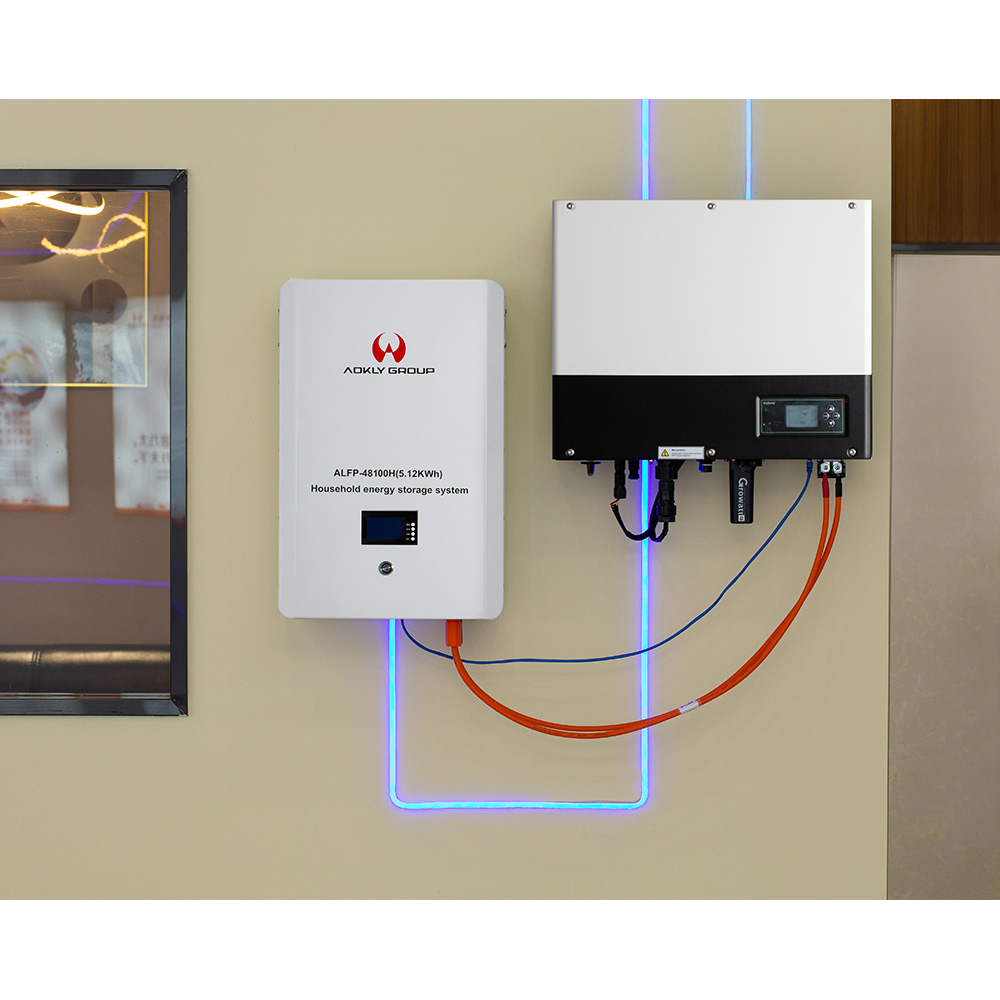Solar energy has become an increasingly popular choice for homeowners looking to reduce their carbon footprint and lower their electricity bills. However, one of the key challenges with solar power is the intermittent nature of the sun's energy. This is where solar energy solutions for homes come into play, allowing homeowners to store excess solar energy for use during periods of low sunlight or high energy demand.
Benefits Of Solar Energy Solutions For Home
Increased Energy Independence
By storing excess solar energy, homeowners can reduce their reliance on the grid and become more self-sufficient in their energy needs. This can provide a sense of security and control over their energy supply.
Cost Savings
Storing solar energy can help homeowners avoid peak electricity rates and reduce their overall energy costs. This can lead to significant long-term savings on utility bills.
Backup Power
Home solar energy storage systems can provide backup power during grid outages, ensuring that essential appliances and devices remain operational even when the grid is down.
Environmental Benefits
By reducing the need for grid-supplied electricity, solar energy solutions for homes can contribute to a lower carbon footprint and a more sustainable energy future.

Photovoltaic Grid-Connected System
Types Of Solar Energy Solutions For Home
Battery Storage Systems: These power supply systems store excess solar energy in rechargeable batteries for later use. They can provide reliable backup power and help homeowners optimize their energy consumption.
Thermal Energy Storage: Some solar energy solutions for home use thermal energy storage, where excess solar energy is used to heat or cool a storage medium, such as water or phase-change materials, for later use.
Hybrid Systems: Combining battery storage with other energy storage technologies, such as thermal energy storage or hydrogen fuel cells, can provide a more comprehensive and resilient home energy storage solution.
Factors to Consider When Choosing Solar Energy Solutions For Home
Energy Capacity
Determine the amount of energy storage needed to meet your household's energy demands, taking into account factors such as the size of your home, energy consumption patterns, and the size of your solar PV system.
Power Output
Ensure that the energy storage system can provide the necessary power output to meet your home's energy needs, especially during peak usage periods or grid outages.
Efficiency and Cycle Life
Look for energy storage solutions with high efficiency and long cycle life, such as Aokly Household Energy Storage System, to minimize energy losses and reduce the need for frequent replacements.
Safety and Reliability
Choose a storage solution with a proven track record of safety and reliability, such as the Household Energy Storage System, which uses a lithium iron phosphate chemistry that eliminates the risk of explosion or combustion.
Compatibility and Integration
Ensure that the energy storage solution is compatible with your existing solar PV system and can be seamlessly integrated into your home's electrical infrastructure.

Aokly Household Energy Storage System
Aokly Household Energy Storage System
The Household Energy Storage System from Aokly Battery is a highly efficient and reliable home energy storage solution that can help homeowners maximize the benefits of their solar PV systems. Some key features of this system include:
Longer Cycle Life: Offers up to 10 times longer cycle life and five times longer float/calendar life than lead acid batteries, helping minimize replacement costs and reduce the total cost of ownership.
Lighter Weight: About 40% of the weight of a comparable lead acid battery, making it a 'drop-in' replacement.
Higher Power: Delivers twice the power of a lead acid battery, even at high discharge rates, while maintaining high energy capacity.
Wider Temperature Range: Operates effectively in a temperature range of -20°C to 60°C, providing flexibility for installation.
Superior Safety: The lithium iron phosphate chemistry eliminates the risk of explosion or combustion due to high impact, overcharging, or short circuit situations.
Conclusion
Solar energy solutions for home are a crucial component of a comprehensive renewable energy strategy, allowing homeowners to maximize the benefits of their solar PV systems and achieve greater energy independence, cost savings, and environmental sustainability. By carefully evaluating the various options and selecting a reliable and efficient system, homeowners can take a significant step towards a more sustainable energy future.

 EN
EN 




